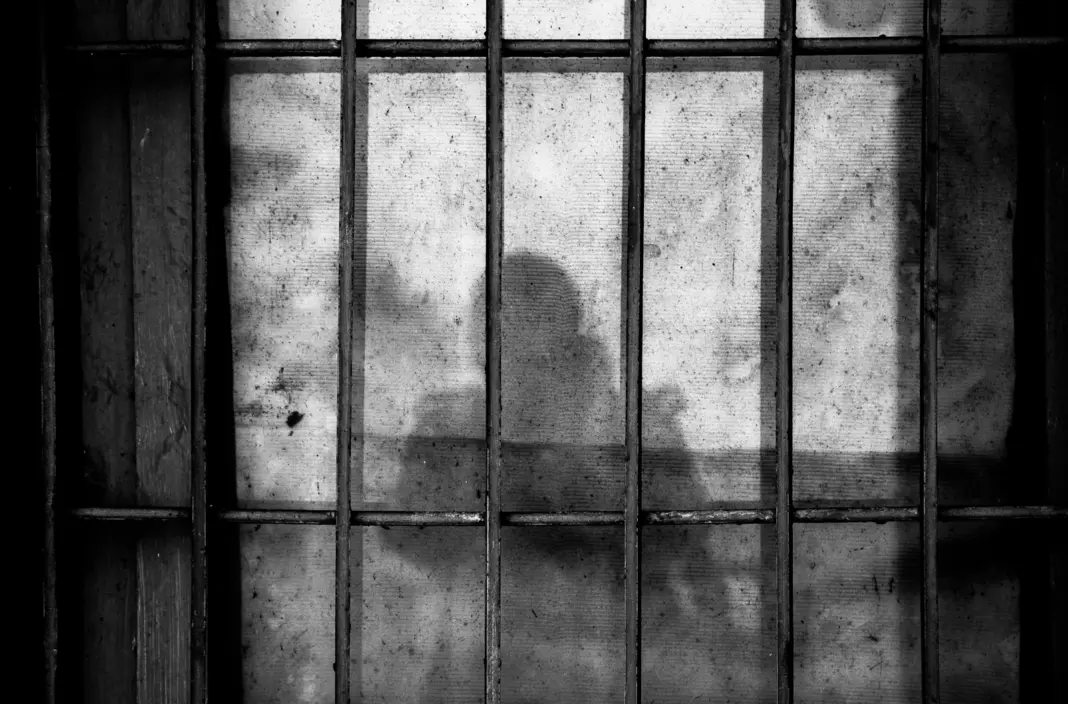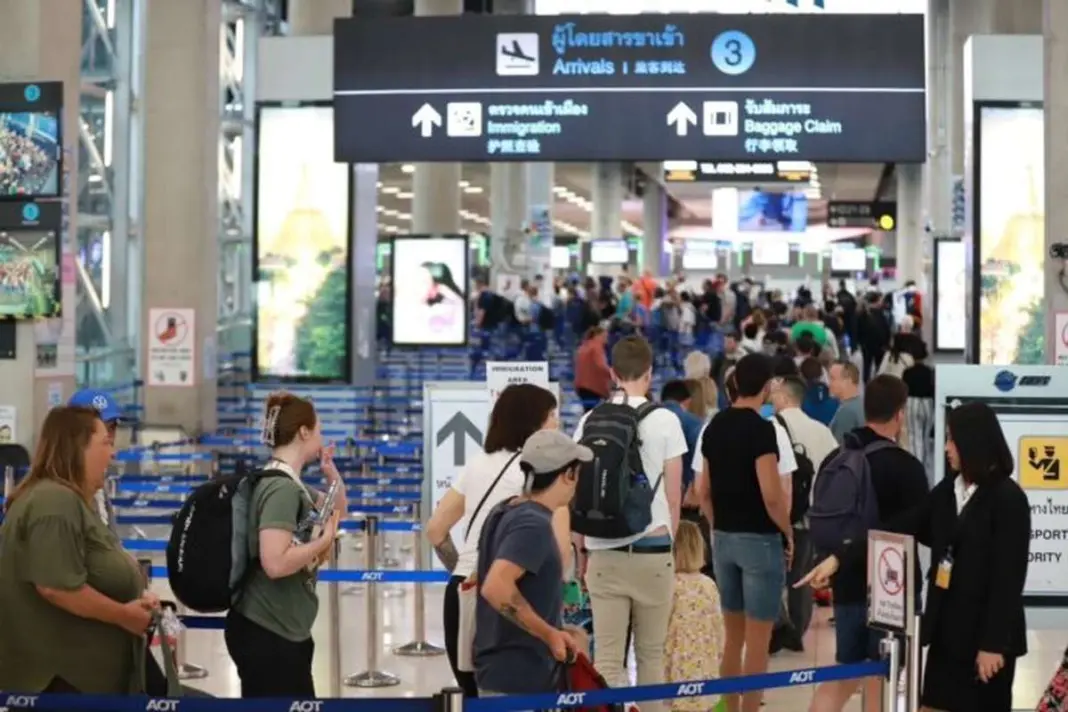Dramatic Airport Arrest Stuns Author
A respected Australian author is left reeling after being detained at Bangkok’s Suvarnabhumi Airport. Murray Hunter, 66, is stopped by Thai police just as he is about to board a flight to Hong Kong.
Officers accuse him of insulting the Malaysian government in his Substack newsletter. The charge? Criminal defamation—simply for expressing his views online.
Hunter, who lives in southern Thailand, spends a night behind bars. He is released only after posting bail of 20,000 Baht. Now, he faces up to two years in prison and a 200,000 Baht fine. His first court date is set for 17 November.
Mystery Deepens Over Who’s Behind the Charges
Hunter points the finger squarely at Malaysia’s Communications and Multimedia Commission. The agency admits it filed criminal complaints in both Thailand and Malaysia this year, and has launched a civil suit against him.
But the details are murky. The official complaint names the Malaysian agency as the victim, yet it supposedly comes from an unknown individual at a Bangkok hotel. Hunter asks, “How does this fall under Thai jurisdiction?”
Human Rights Groups Sound the Alarm
Free speech advocates are outraged. The Centre for Independent Journalism and PEN Malaysia issue a joint warning, saying, “Using Thai authorities to silence critics violates the spirit of Malaysia’s constitution.”
Their fears are not unfounded. A recent UN report highlights “deep concern over the rise of transnational repression” in Southeast Asia. Thailand, Laos, Cambodia, and Vietnam are all accused of working together to target dissenters.
Hunter’s Chilling Warning to Journalists
Hunter is shaken. “If this can happen to me, then any journalist could face the same consequences if a foreign agency complains to Thai police,” he says.
In a bizarre twist, Hunter first thought the police summons was a scam. Local officers in his Thai hometown had warned him about such tricks.
Official Silence as Legal Battle Looms
Thailand’s Foreign Ministry refuses to comment. Malaysia’s authorities insist they will respect the outcome of the Thai courts.
For Hunter, a gruelling legal fight now begins. His case could set a precedent—showing just how far Southeast Asian governments might go to silence those who dare to speak out.




